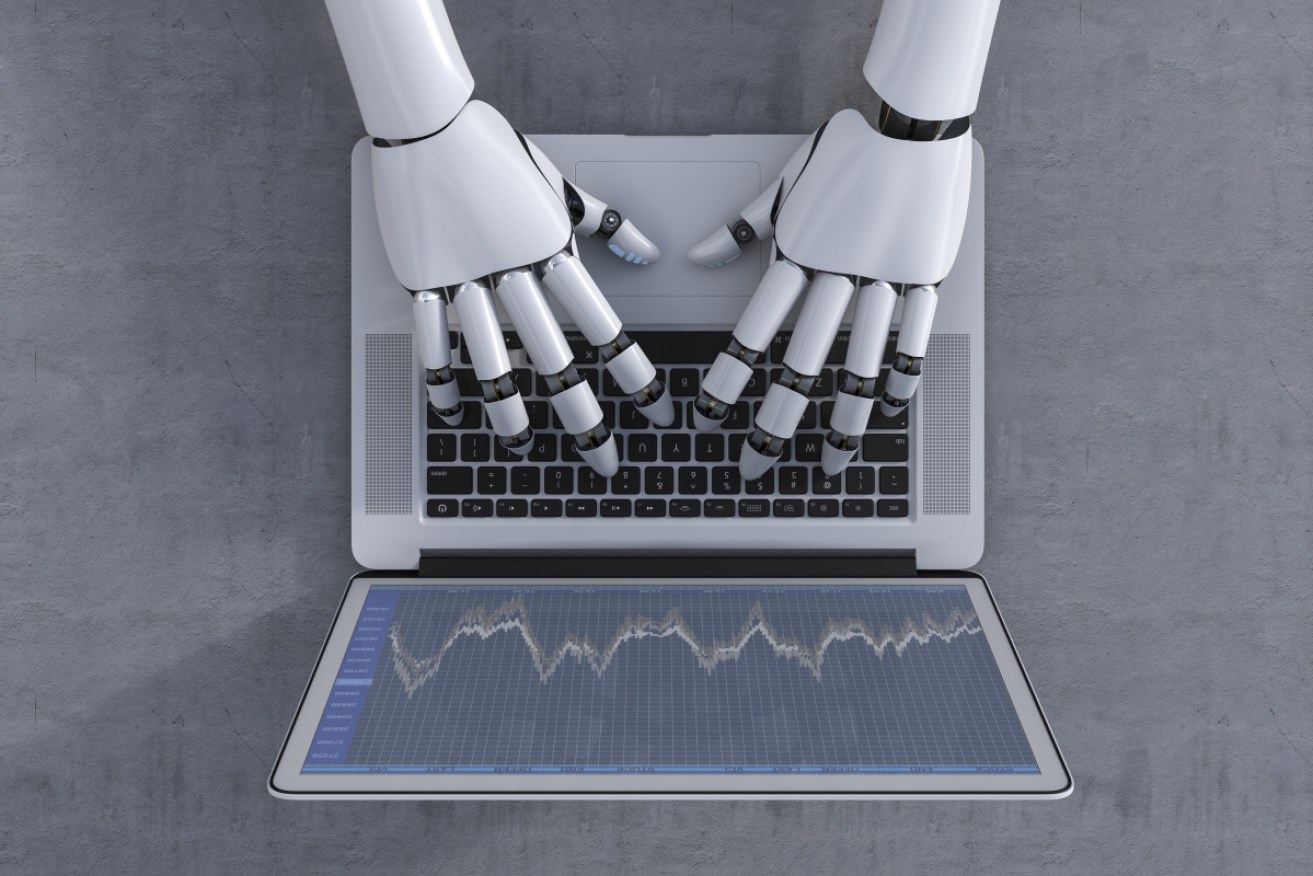Automation could destroy millions of jobs in Australia


Up to 46 per cent of industries in Australia will be affected by automation, a new report reveals. Photo: Getty
Millions of jobs could be lost in the next decade as a result of automated technologies, such as machine learning and robotics, a new report warns.
A report by consultancy firm McKinsey Australia released on Monday, revealed an estimated 3.5 million to 6.5 million full-time jobs would be lost to automation by 2030.
“Without increased employment-transition support, increased job churn could see Australia’s unemployment rate temporarily spike by up to 2.5 per cent during the peak of the transition,” the report said.
The report also noted that demand would increase for workers in unpredictable and interactive roles including nursing, care giving and sales, but will fall for workers in such areas as radiologists, mechanics and legal research assistants.
‘Jobs will be lost, but more will be created’
McKinsey Australia associate partner Seckin Ungur said automation would only slightly affect the workforce during the transition period.
“Automation and artificial intelligence (AI) will impact our workforce, and there will be many jobs that will be lost. But there will be more jobs that will be created,” Ms Ungur told The New Daily.
“There will be a transition period as people need to shift from those old jobs to those new jobs and that requires potentially a change in skills and capabilities.”

Driverless cars are already being trialled in Australia. Photo: Getty
She said the banking sector was an example of how automation had transformed the workforce.
“There used to be several more bank tellers 10 years ago than today, but the number of employees in banking hasn’t changed all that much. Some of those bank tellers are now performing advisory roles,” Ms Ungur said.
“The skills they were using before, such as processing data and entering data, performing simple transactions – a lot of that has been automated through ATMs and digital banking.”
‘Bots won’t replace people’
Monash University Professor Ann Nicholson, an expert in computer science and AI, said the motoring industry would be most disrupted by autonomy.
“I expect that automated cars is going to be a big shift, but we’re still going to have humans in the loop in terms of supervision,” Professor Nicholson told The New Daily.
Automation would also benefit industries such as mining, she said.
“There will be big advantages for mining operations as people don’t really want to be doing the two-week fly in and fly out to very remote parts in difficult working conditions,” Professor Nicholson said.

Industries requiring direct care won’t be affected by AI just yet. Photo: Getty
She said industries such as health and aged care were still a long way from using automation.
“In industries that provide direct care, we’re still a really long way from bots replacing people,” Professor Nicholson said.
“But it’s important to note that when it does take effect, automation will free up resources so there can be a better focus on interacting with patients.”
The future of driverless cars in Australia
RACV is currently undertaking automated technology trials including an autonomous vehicle being trialled in Carlton, Melbourne, and the Transurban trial on the Monash-CityLink-Tullamarine corridor.
Dr Kirsten McKillop, manager of legislative policy at the National Transport Commission, said some trials involved autonomous shuttles.
“There’s trialling going on all around Australia with new announcements always being made, which are being done to assess the safety and how humans interact with the technology,” Dr McKillop said.
National Transport Commission spokesman Ron Grasso said the Transport and Infrastructure Council had put forward an aim for autonomous vehicles to be introduced in Australia by 2020.
“Our main aim is all about making sure that when these vehicles do come into the market, that they operate as safely as possible,” Mr Grasso told The New Daily.








